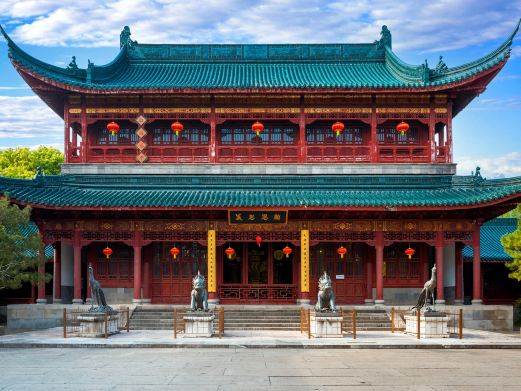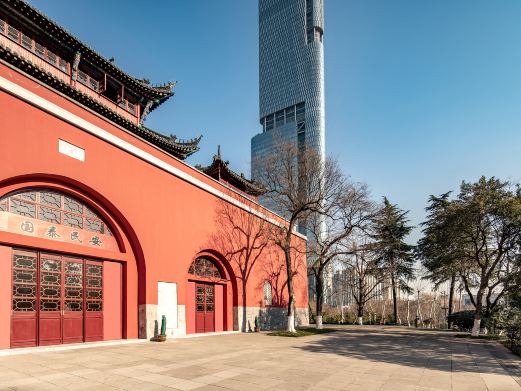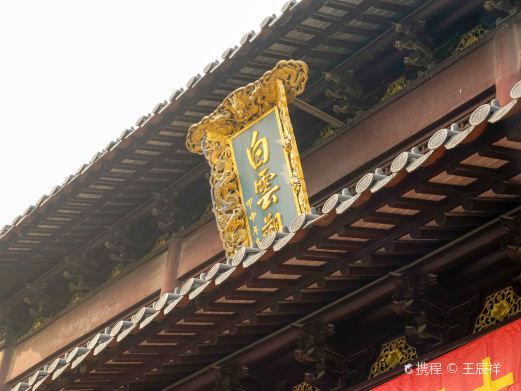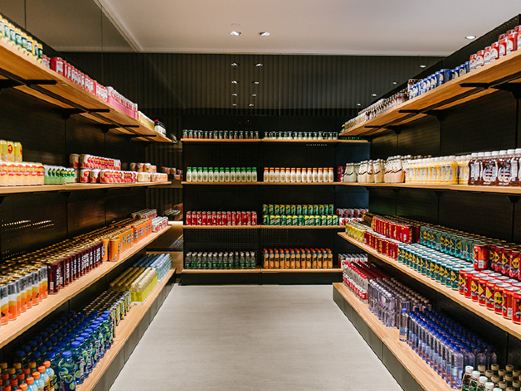Longjing Village, located in Hangzhou City, Zhejiang Province, is nestled in the southwest of the West Lake Scenic Area, surrounded by mountains on all sides with a north-south gradient that slopes downward from north to south. The village has a permanent population of over 800 residents and boasts nearly 800 acres of high-altitude tea gardens. To the northwest, the village is shielded by the natural barrier formed by Bei Gao Feng, Shi Zi Feng, and Tian Zhu Feng, which blocks the invasion of the cold northwest winds. To the south lies Jiu Xi, a deep and extensive valley that leads directly to the Qiantang River. The southeast winds of spring and summer easily enter the valley, providing excellent ventilation and climatic conditions that are uniquely advantageous for the growth of Longjing tea. The Longjing tea produced here is considered the best among the ‘Lion, Dragon, Cloud, and Tiger’ teas. It is said that when Emperor Qianlong visited the south of the Yangtze River, he tasted West Lake Longjing tea at the Hu Gong Temple at the foot of the Lion Peak Mountain in Longjing Village. After drinking, he praised it highly and designated the eighteen tea trees in front of the temple as ‘Imperial Tea’. Longjing Village is world-renowned for its production of West Lake Longjing tea. It is bordered by the West Lake to the east, backed by the Wu Yun Mountain to the west, lies next to the surging Qiantang River to the south, and is adjacent to the towering Bei Nan Gao Feng to the north. The village is surrounded by layered green mountains and enveloped in misty clouds, resembling an emerald gemstone set by the West Lake. The village is rich in tourism resources, with attractions such as the Imperial Tea Garden, Hu Gong Temple, Jiu Xi Shi Ba Jian, Shi Li Lang Dang, and Lao Longjing adding a strong cultural atmosphere to the tea region. Renovation projects have reshaped the landscape of the mountain streams in Longjing Village, recreating the mountainous landscape of tea villages that follow the streams upstream and settle by water, essentially restoring the natural village appearance characteristic of the West Lake Longjing tea region. The village is open all year round, accessible 24/7.
Longjing Village
Longjing Village, located in Hangzhou City, Zhejiang Province, is nestled in the southwest of the We[...]







